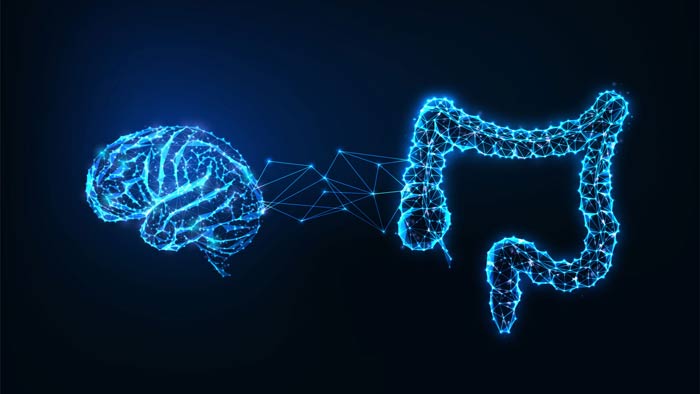Have you ever wondered why you experience indigestion, acid reflux or bloating all of a sudden after a stressful day at work? Or maybe you face these issues regularly, which are disturbing your daily life activities. Well, the gut-brain connection is the answer to your questions. The relationship between your digestive system and emotions is so much more powerful than we realize. Functional medicine offers ways for patients to manage stress and its impact on digestive health. With the help of our blog, you can learn how functional medicine strategies can help you address your digestive health issues and manage stress.
1) How Stress Affects Digestive Health:
Stress negatively impacts the digestive system in several ways. When you are experiencing stress, your body releases the hormone cortisol that slows down digestion, leading to indigestion, acid reflux, bloating, constipation, and other digestive issues. Moreover, under stress, your body’s nervous system activates the fight-or-flight response that decreases blood flow to the digestive system, further reducing its ability to function appropriately.
2) The Gut-Brain Connection in Detail:
The gut-brain connection refers to the relationship between the nervous system of the digestive system and the central nervous system of the brain. The central nervous system plays an essential role in our emotional and mental health, which means any imbalance in the nervous system can directly influence our digestive health. Studies have suggested that the brain and the gut communicate through various mechanisms like the vagus nerve and immune system. Overall, the gut-brain connection highlights how managing emotions and stress can lead to improved digestive health and vice versa.
3) Functional Medicine Strategies to Address Digestive Health and Stress:
Functional medicine is a personalized approach to healthcare that addresses the root cause of symptoms. Functional medicine practitioners use a variety of strategies and therapies to promote optimal health and address imbalances affecting the body, including the gut-brain connection. These strategies include diet and nutrition, lifestyle modifications, herbal medicine, and supplements. For example, a functional medicine practitioner may recommend a low-FODMAP diet that reduces the intake of fermentable carbohydrates that can cause digestive disturbances, relaxation techniques like yoga and meditation to manage stress, or probiotic supplements to improve gut microflora balance.
4) The Benefits of Functional Medicine for Gut-Brain Connection:
Functional medicine is an effective way to tackle the problems that the gut-brain connection causes. It provides a chance to work closely with a functional medicine practitioner to address the root causes of symptoms rather than just manipulating them with drugs. Such practices can potentially lead to long-lasting benefits, including improved mental and digestive health, increased energy levels, weight loss, and better quality of life.
5) Conclusion:
The gut-brain connection is an essential process that illustrates why functional medicine strategies can be a promising way to address both stress and digestive health. Understanding the relationship between emotions and digestion can be a game-changer for individuals facing chronic digestive problems. Together with functional medicine’s personalized approach to health, it can lead to a holistic and positive change in lifestyle and overall health outcomes. So, if you are experiencing digestive issues, stress, or both, consider exploring functional medicine’s various strategies to achieve optimal health.

